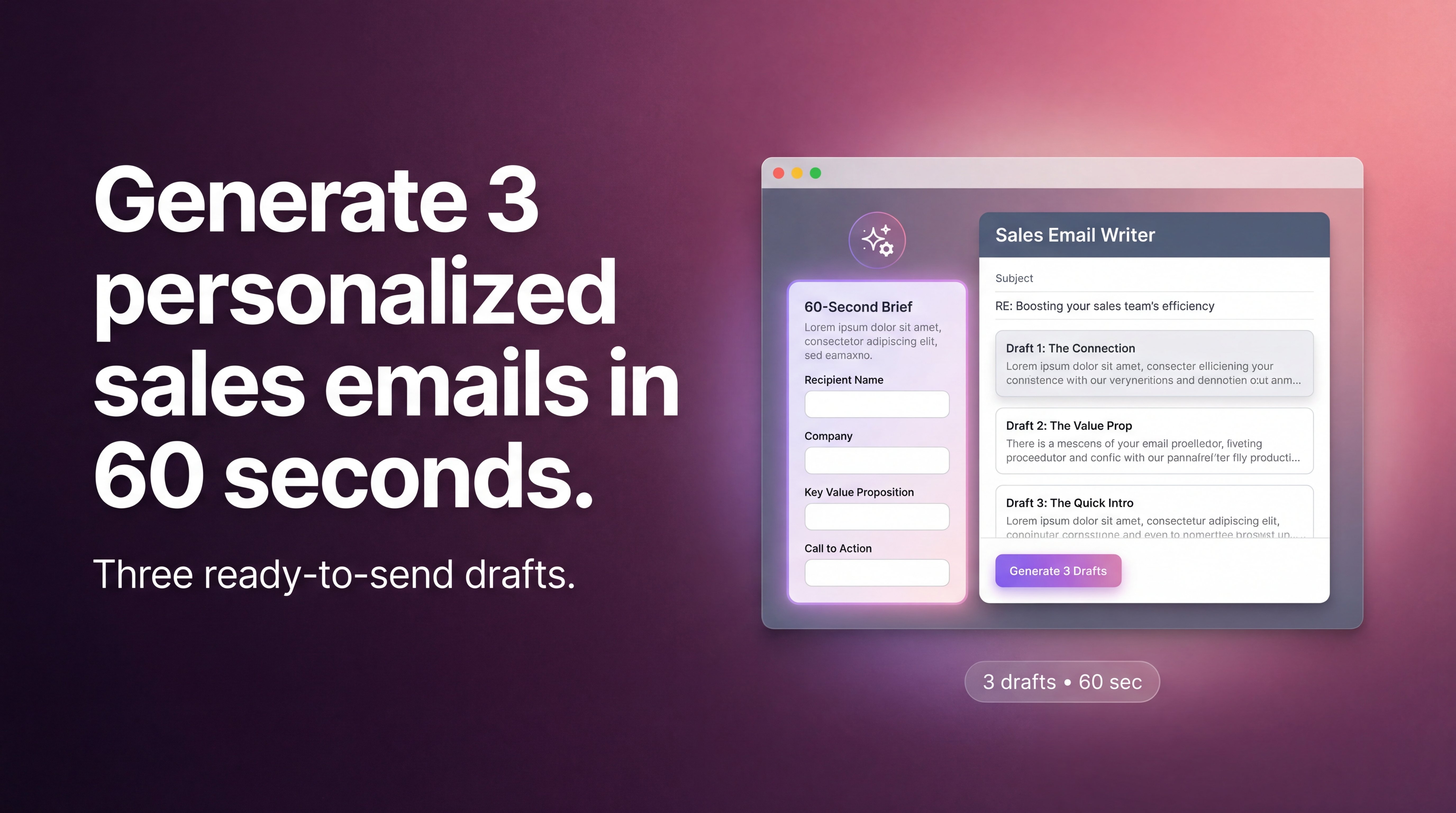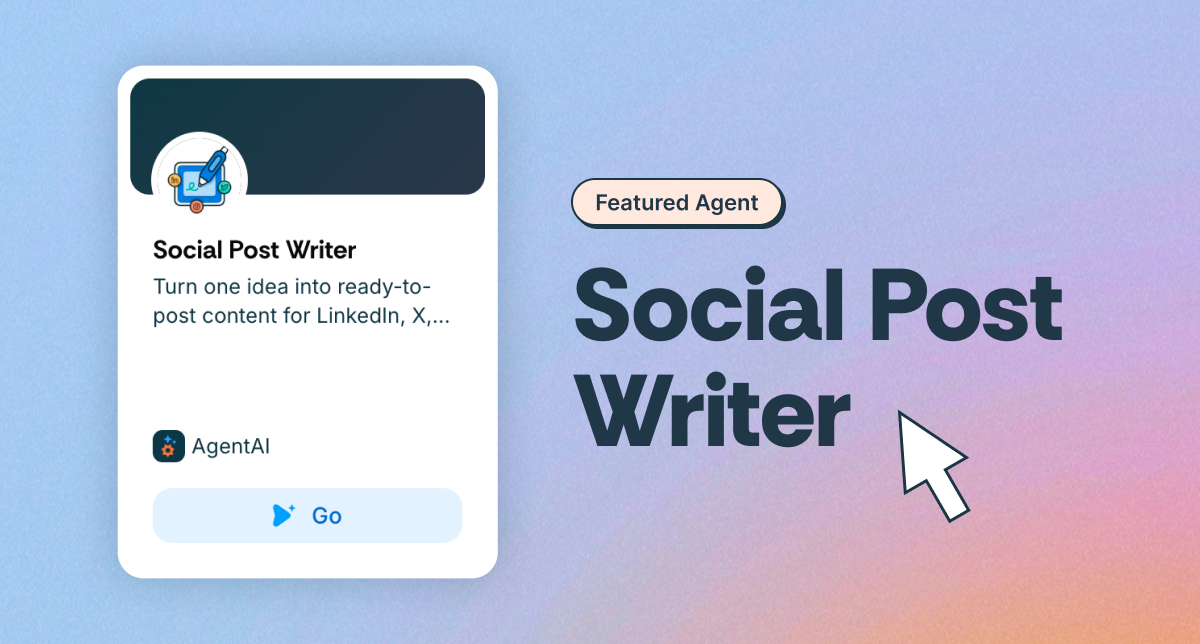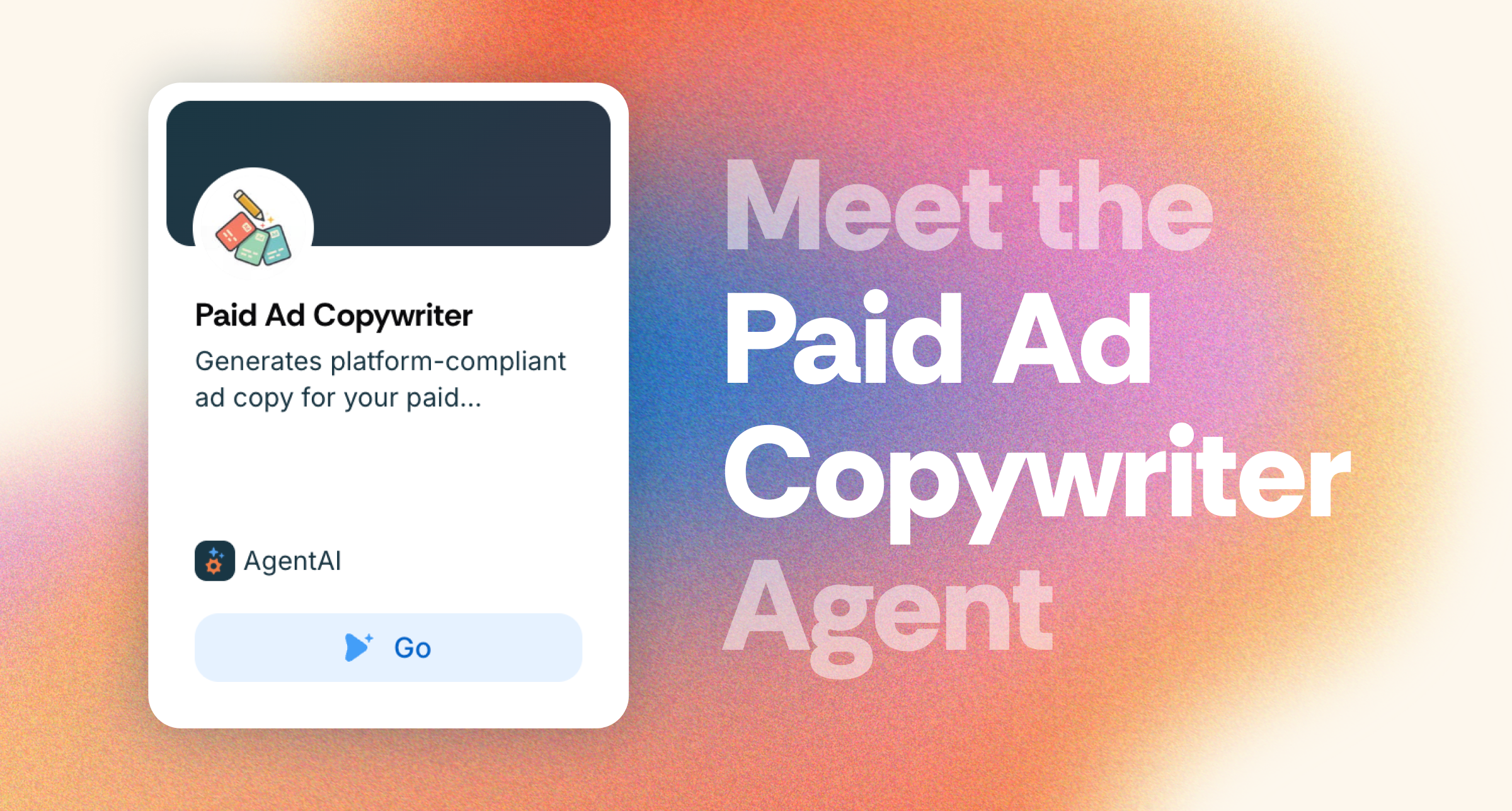How to Future Proof Your Career in the Age of AI
Learn about the growth and job opportunities AI presents, and how you can future-proof your career when you work with it, not against it.

.png)
Artificial intelligence is reshaping the business landscape faster than some people can keep up. That pace, coupled with AI being a relatively new technology for most, creates the perfect recipe for anxiety about the role AI will play in our careers.
We’ve all heard the refrain “AI will take our jobs”, but the reality is more nuanced than that. AI will replace some jobs, augment others, and even create brand new roles. In fact, according to research from ServiceNow, the UK job market could see 610,000 new roles by 2028 thanks to advancements in AI.
So yes, the AI revolution will bring significant changes to how we work–but it also presents exciting possibilities for those who are willing to learn and adapt. Let’s take a look at what the future of career development looks like in the age of AI, and see how yours can stay safe and even flourish amid the change.
Understanding AI's Impact on the Professional Landscape
Goldman Sachs predicts AI could replace 300 million full-time jobs globally in the coming years. However, like previous technological revolutions, AI is expected to create a net-positive gain in employment overall. Just think of SEO as an example – this entire industry didn’t exist until the 1990s, and now accounts for the careers of hundreds of thousands of people.
The key to navigating this shifting landscape with comfort is recognizing that 1) we’ve weathered technological shifts in the past; and 2) we can discern which aspects of work are susceptible to this shift, which are not, and adapt accordingly.
So start by asking yourself: What in my job can be automated with AI, and what still requires human expertise?
Routine, repetitive tasks are prime candidates for agentic AI takeover, while roles requiring complex judgment, creativity, and interpersonal skills remain firmly in the human domain. This means clarifying how you add value in ways that complement rather than compete with AI.
How Humans Add Value Where AI Cannot
While AI excels at processing data and identifying patterns, it struggles with uniquely human capabilities. Focusing on developing these skills creates a powerful complementary relationship with AI tools rather than competing against them. Let’s discuss the ways you likely add value beyond what AI is capable of.
Critical Thinking and Problem-Solving
The ability to analyze situations, identify root causes, and develop creative solutions remains a distinctly human strength. Business professionals who can approach challenges with innovative thinking will continue to be highly valued in an AI-enhanced workplace. And yes, AI can analyze data and recommend a course of action, but the ability to evaluate whether that course of action is wise remains firmly in the realm of human capabilities.
Emotional Intelligence
Understanding nuanced human emotions, building relationships, and navigating complex social dynamics are areas where AI falls short. This is particularly important in roles involving customer interaction, team leadership, or stakeholder management. The time you’ve spent building relationships is time well spent that cannot be replaced by AI.
Creativity and Innovation
While AI can generate ideas based on existing patterns, true innovative thinking that breaks conventions and creates novel approaches remains a human domain. Developing your creative capacity can still set you apart once the routine tasks that took up so much of your time are increasingly automated.
Strategic Vision
The ability to see the big picture, identify opportunities, and chart a course through uncertainty is incredibly valuable. AI can provide data, analysis, and recommendations on courses of action, but human judgment is required to make meaning of it in a broader context.
Finding Career Success in the Age of AI
There’s more than one way to find continued success in your career with the rise of AI, and it doesn’t require a computer science degree, coding skills, or remarkable tech-savvy to get there.
As AI becomes more commoditized, lean into your specialized knowledge of your industry, but combine that knowledge with the ability to identify effective AI applications. This doesn't mean you don't need any technical understanding of AI. Rather, it means leveraging your industry expertise while developing enough AI literacy to identify opportunities and communicate effectively with technical teams.
Leaders are looking for people who can find useful applications of AI in their teams, workflows, and business. This requires both business acumen and some comfortability with the AI landscape–whether that comes from your own technological understanding, or your ability to collaborate with AI specialists.
Cultivate an Appetite for Continuous Learning
How does one achieve this level of comfort with AI if one is … pretty uncomfortable with AI?
The foundation of career resilience in the AI age is actually not any different than the mindset people have had to adopt for the past several decades: a growth mindset focused on continuous learning and adaptability.
This isn't about technical skills; it's about cultivating a mindset that embraces change and sees learning as a lifelong journey.
LinkedIn has seen an 80% increase in users watching AI-related learning courses, and a 60% increase in generative AI skills added to users' profiles every month since January 2023. These are continuous learners with a growth mindset who are proactively expanding their AI knowledge, even though they may not be developers, engineers, or even fancy themselves particularly tech-savvy.
What does this mean for you? It means it’s okay if you know little or nothing about AI. The barrier to entry for using AI is actually extremely low. You can start by:
- Setting aside time to read introductory AI content (our blog is a good place to start)
- Following thought leaders and industry publications that track AI developments
- Being willing to experiment with new tools and approaches, even if they initially feel uncomfortable
- Trying out a fun AI agent, then once you see what it can do, see if you can find an agent that might be helpful at work. Rip the bandaid off.
Start Using AI in Your Work
Once you’ve ripped the bandaid off and started playing with AI agents, set a goal to try to find agents you could integrate into your work. It may not happen on day one, but try to experiment with at least one new agent a week to see if it could make even a small part of your work better. One of the most effective ways to future-proof your career is to begin integrating AI into your work immediately, but it takes time to find the right use cases for you.
Here are some starting points that might become good use cases for you:
- Content Creation: Tools like ChatGPT can help create first drafts of emails, marketing copy, slide decks, or anything else that you find difficult to start writing. It can even help you generate ideas, outlines, or proofread documents. Experiment with ways to make content creation less painful or more efficient.
- Data Analysis: AI tools can help identify patterns in business data, generate reports, and provide actionable insights. This is particularly helpful for people that are not analytical, but would get further in their careers if they had this skillset.
- Process Automation: Identify repetitive tasks in your workflow that could be automated–things like data entry, meeting scheduling, meeting follow-ups, or agenda creation.
- Research: AI can help summarize large documents, extract key information across multiple sources, and keep you updated on industry trends.
The key is to start small with specific use cases rather than trying to transform everything at once. Once you start finding small ways to use AI, more opportunities tend to reveal themselves.
Strategic Career Positioning With AI
Now that you’re developing skills and using AI tools, strategic career positioning is critical for your long-term career success. The best place to start is by becoming an AI advocate within your organization. Position yourself as someone who champions AI adoption by sharing the ways you’re using AI to be more effective in your role. Volunteering to lead AI initiatives or becoming a go-to resource for AI knowledge add to your value.
Taking on this type of leadership in the AI space can also help you move higher up in the organization – and higher-level positions that involve strategic decision-making are less likely to be replaced by AI. Leadership roles require complex judgment, stakeholder management, and vision-setting. These are all areas where human capabilities remain essential.
Remember that the goal isn't to compete with AI but to develop a complementary relationship with it. The people who will be most successful are those who view AI as a powerful partner alongside their own uniquely human creativity, judgment, empathy, and strategic thinking.
Start future-proofing your career right now by identifying just one area where you think you could use AI to enhance your work.
Free Agent Building Workshop
Inspired to bring AI into your workflows? We'll teach you and your team how to build your own AI agents.



